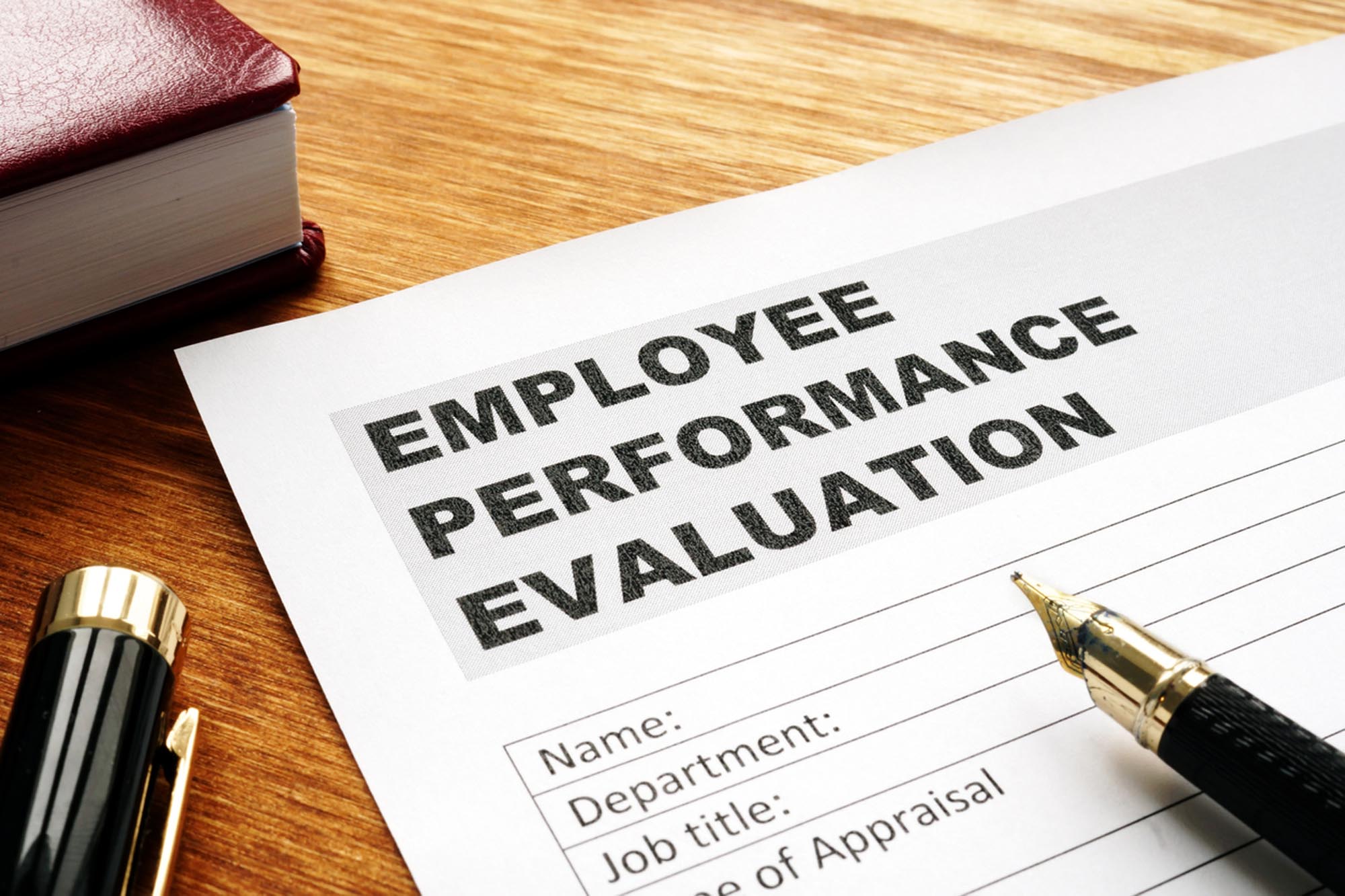Performance reviews are a component of performance management and serve as the basis for decisions regarding career development and training, compensation, transfers, promotions, and even termination. It involves the setting of employee expectations and goals, then providing
periodic reviews and feedback relative to those goals. While performance reviews used to be much more formal, they are now focused more on coaching and feedback.
In order to be effective, a performance management system should include goal setting, performance review, and performance improvement. Goal setting establishes the objectives that the employee will strive to accomplish over time. These goals are ultimately what the
employee will be measured on. Ideally, an employee’s goals will align with those of the organization. Types of goals include job description goals, project goals, behavioral goals, and stretch goals. Goals should be SMART, that is, specific, measurable, attainable, relevant, and time-bound, as well as participative. Managers and employees should work together to establish goals that are easily accessible to both at any time.
The second component of an effective performance management system is performance review. This is the process by which an employee is assessed against their goals. Strengths and weaknesses should be documented as they influence everything from career development,
training needs, promotion opportunities, and pay increases. Performance review is both the objective and subjective appraisal of an employee’s performance. Many types of performance review systems exist, including ranking, forced distribution, 360-degree feedback, competency-based, management by objectives, graphic rating scales, and behaviorally anchored rating scales.
The third component of an effective performance management system is performance improvement plans. These are typically used for employees who are new to their role or as progressive documentation for employees who aren’t meeting expectations. This helps to facilitate performance discussions, document areas of concern and how they should be corrected, while also serving as a legal decision-making document. For example, if the employee continues to fail to meet expectations, this improvement plan will serve as part of the rationale for progressive disciplinary action. The possibility of termination should the improvement requirements not be met must be included in the document.
HR is essential to the proper administration of a performance management system. They must be prepared and informed so that they can train managers and support them when necessary. It’s also important that they are up to date on federal, state, and local laws regarding discrimination, as this is extremely relevant to the performance review process. They should ensure that the design and implementation of the program is in line with equal employment opportunity laws and regulations.
HR is also responsible for addressing some of the most common problems associated with performance reviews, such as lack of top management support, which can lead to managers and employees being unsure of the program’s value. Additionally, the associated paperwork
could be perceived as busywork if the organization doesn’t demonstrate appropriate commitment to the process. Failure to communicate clear and specific goals and expectations, as well as a lack of consistency are other common problems.
Let us manage performance reviews for your organization. Contact us to find out how we can help.
